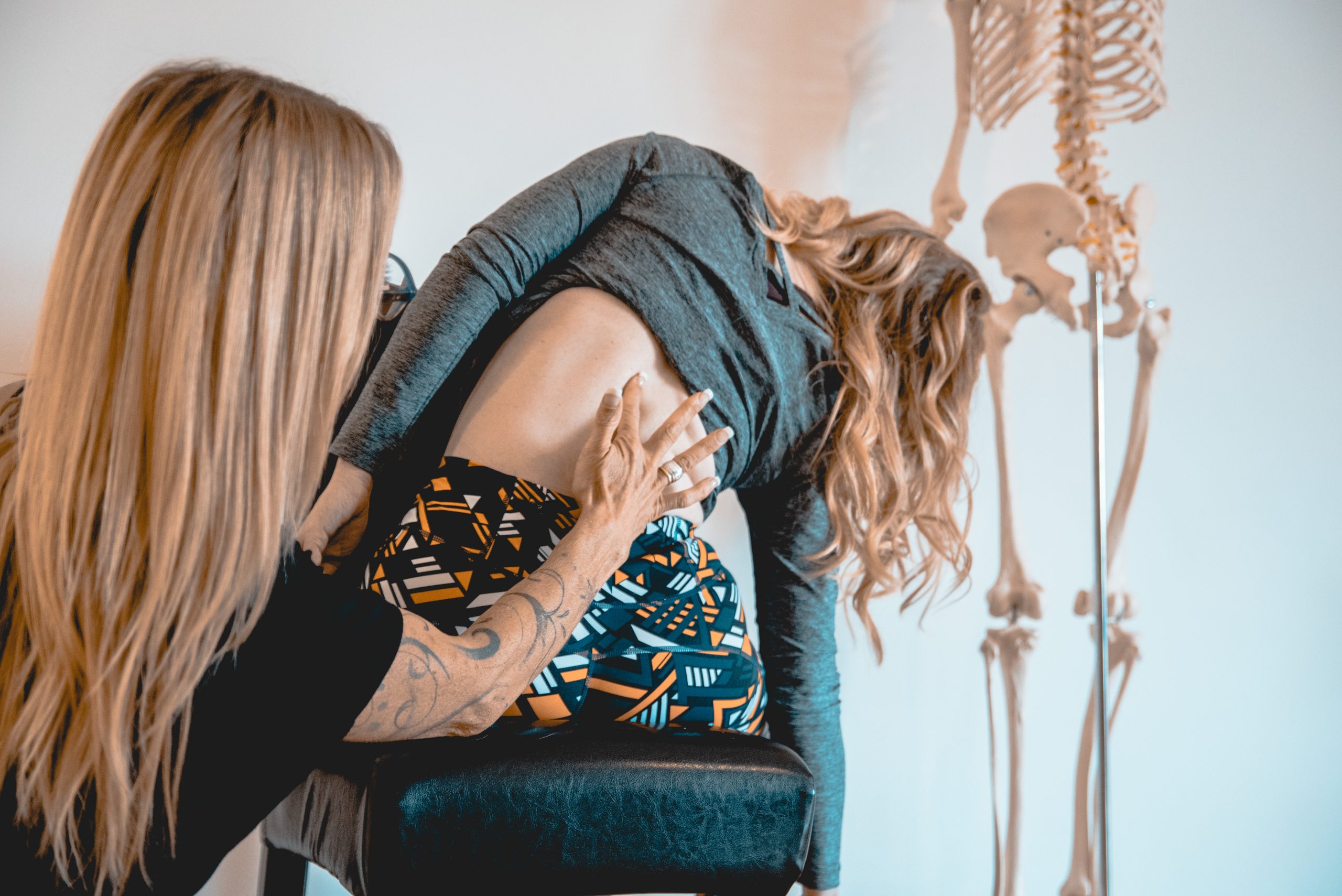




In the dynamic realm of functional movement, our bodies ingeniously adapt to compensate for inherent biomechanical imperfections. Rather than passively accommodating these adaptations, a Biomechanics Coach aims to address the root causes, thereby reducing injury risks and optimising performance.

At the heart of our philosophy lies a commitment to challenging conventional training paradigms. We integrate new methodologies like functional training while refining existing practices. By continually evolving, we ensure clients receive comprehensive, effective, and personalised guidance.
Unlike traditional models, our program empowers coaches to evaluate clients’ intrinsic biomechanics. Armed with this knowledge, coaches can tailor interventions that address specific movement patterns and mitigate injury risks.

Distinguishing between poor technique and issues rooted in biomechanics poses a central challenge. Sedentary lifestyles, for instance, can lead to subtle pelvic misalignments, disrupting optimal movement patterns. Incorporating intrinsic biomechanics screening enables coaches to design effective interventions.
Operating at the nexus of evidence-based practice and practical application, Biomechanics Coaches employ systematic screening and prehabilitation programs to optimise performance and minimise injury risks.

Preparation & Capacity: This phase focuses on restoring functional capacity around key areas like the pelvis, spine, and shoulders. Through targeted exercises, coaches address imbalances and enhance mobility.
Stability & Control: Building upon the foundation established in the preparation phase, this stage emphasizes core stability and neuromuscular control.
Function & Performance: Coaches shift focus to optimizing functional performance. Through targeted protocols, clients excel in their activities while minimizing injury risks.

Questions like:
Entry into the Diploma in Biomechanics Coaching requires solid anatomy and physiology knowledge. Biomechanics Coaches, equipped with expertise, can be located using the Biomechanics Coach map locator here.
Clients seek Biomechanics Coaching for performance optimisation and injury prevention. By addressing underlying issues, coaches help clients achieve their goals safely and effectively.

The Diploma in Biomechanics Coaching offers a transformative opportunity for coaches seeking to elevate their practice. Rooted in evidence-based principles, our program equips coaches to make a meaningful impact on their clients’ lives.
Reach out to us to explore the possibilities and embark on a journey of discovery and transformation. Together, we can unlock the full potential of human movement and performance.

Contact us here
